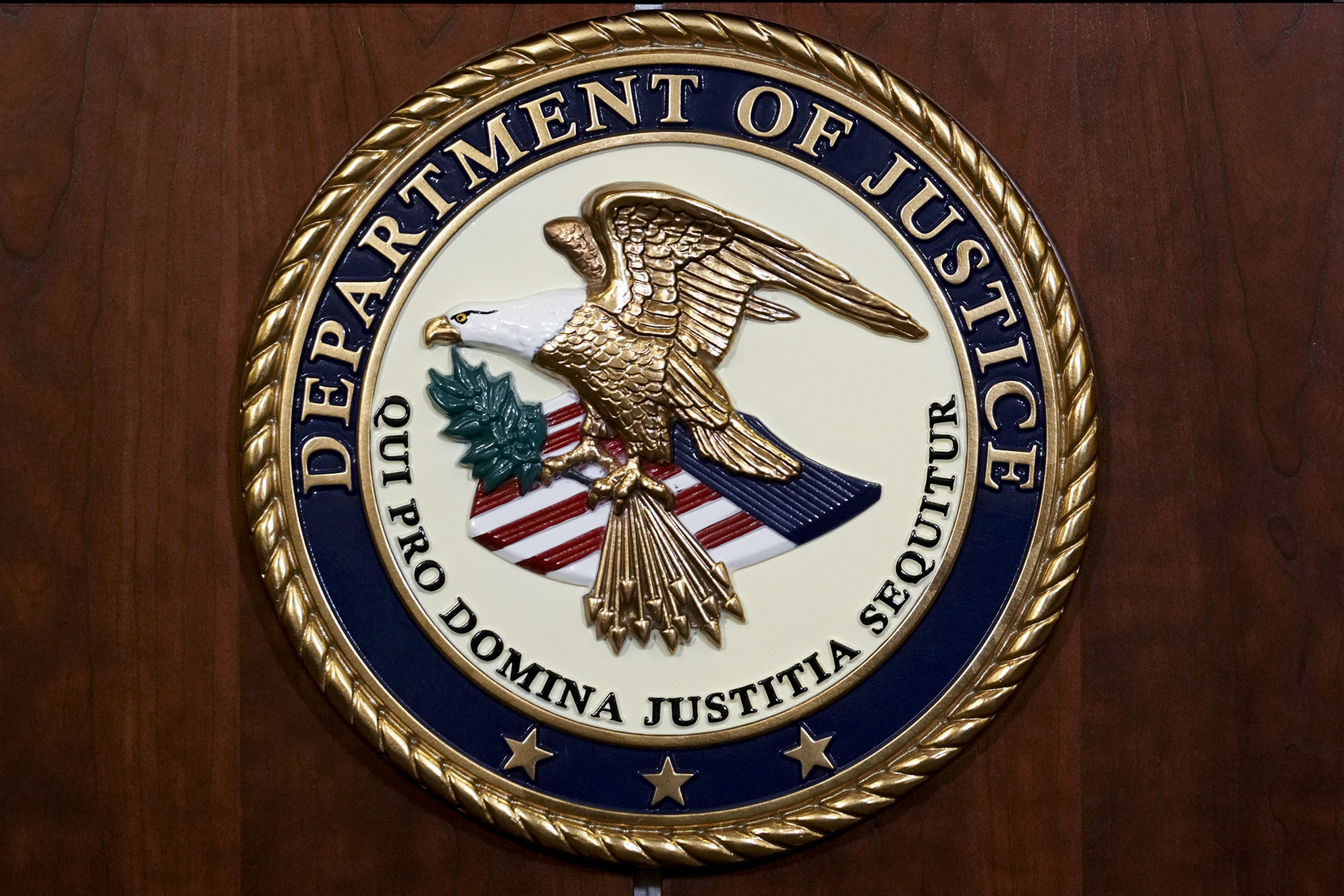EL PASO, Texas (Border Report) – U.S. authorities have returned to Mexico more than 80 individuals during the first six days of the Migrant Protection Protocols (MPP) program reboot.
All the migrants returned so far are males from Cuba, Venezuela, Nicaragua, Ecuador and Colombia; none of them are family units nor citizens of the Northern Triangle countries of Guatemala, El Salvador or Honduras.
“I was expecting families but all we’ve gotten is men,” said Santiago Gonzalez Reyes, head of Juarez’s Human Rights Office, which oversees the Kiki Romero migrant shelter. “They are in good health, they have received COVID shots (in the United States) and they are administered a COVID test before coming over.”
Gonzalez said Mexico’s National Migration Institute (INM) has released to his care 65 migrants placed in the MPP program since last Wednesday. Another 21 that were walked to the middle of El Paso’s Stanton Street Bridge on Monday by U.S. Customs and Border Protection remained in INM custody.

Gonzalez said international aid organizations are heavily involved with the migrants once they are in Mexico. The Red Cross provides a health screening, the UN Refugee Agency tracks them and the Organization of International Migration provides transportation, he said.
“OIM brings them to us from the bridge […] and after three days we send them to the Leona Vicario federal shelter. If they test positive (for COVID-19) in between, OIM takes them to the Flamingo Hotel (quarantine) facility,” Gonzalez said.
Migrant advocates have expressed concern and outrage as the Biden administration has resurrected the Trump-era program also known as “Remain in Mexico.” The policy exposes migrants to crimes such as extortion and kidnapping in Mexican border cities such as Juarez where drug cartels operate, they say.
The municipal shelter, an old basketball gym now fenced off and under Juarez police protection, as of Monday was 80 percent full. Gonzalez said he doesn’t expect to have more than 100 MPP participants there at any one time due to the three-day limit placed on them.
“We have (other guests), 68 males, 34 females, 33 boys and 22 girls,” he said. The facility has heaters, is supplied food by local government shelters and gets in-kind donations from the Juarez Rotarians and various foreign-run plants known as maquiladoras.
“We don’t have excess (inventory) but we are coping” with the situation, Gonzalez said. The Juarez official said he’s not allowing news media to interview or photograph any migrant in the MPP program.
Unaccompanied children’s shelter gets donation from Mormons
Meantime, another Juarez migrant shelter recently received $200,000 in in-kind donations from the Church of Jesus Christ of Latter-Day Saints.
The church donated blankets, mattresses, diapers, baby formula and protein drinks to the Nohemi Alvarez Quillay unaccompanied children’s shelter in Downtown Juarez.
The shelter, named after an Ecuadorian girl who hung herself in 2014 after being the victim of violence on the border, has cared for more than 500 non-Mexican and 1,400 Mexican unaccompanied minors since it opened late last year.
The U.S. government is still expelling Mexican minors under the Title 42 public health order. Most of them come from states in southern Mexico. The Central and South American UACs taken to the shelter are rescued from the streets of Juarez or from smugglers’ safe houses raided by police, Juarez officials told Border Report.



















